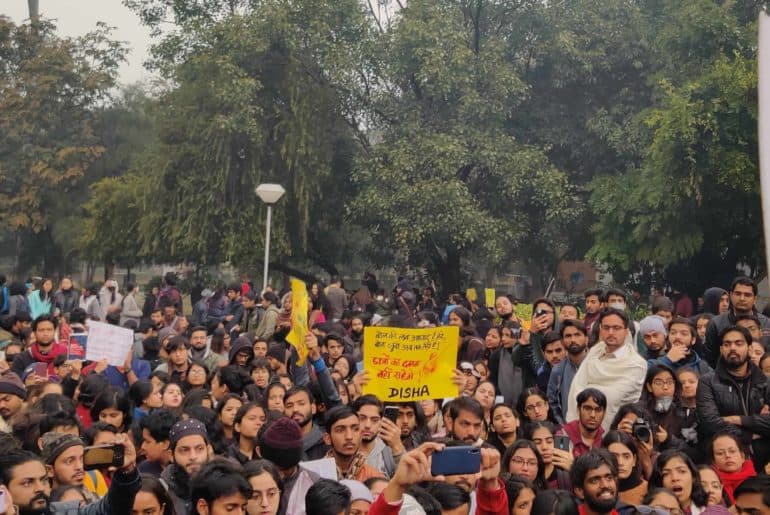Keeping in mind the situation in the country, the Ministry of Human Resource Development (MHRD) has advised colleges in the University of Delhi (DU) to educate people about the Citizenship Amendment Act (CAA).
In a notice dated 3rd February 2020, Kedar Burande, from the office of the Minister of State for Human Resource Development, has directed colleges to host weekly CAA awareness workshops in order to “change and influence the perception of students so that they don’t fall prey to misinformation campaigns and instead focus on nationalistic activities that in the long run will benefit the nation.”
A contact from the Vice Chancellor’s office, who requested to remain anonymous, said “We’d been expecting this notification for some time now. A framework has already been decided on and we have informed colleges of the same. Colleges that do not make this compulsory will be penalised, both the University administration and the Government will be looking at this very closely.”
“It is important to understand that students need to move on from these petty issues and focus on their academics. These student protests have caused huge inconvenience to everyone and should stop.” said a member from ABVP.
What remains to be seen, is the reaction of the student community towards this manifestation. Are the students going to actively participate in the workshops, or are they going to completely boycott them, remaining indifferent towards these policies of the administration.
Feature Image Credits: Avni Dhawan for DU Beat
Khush Vardhan Dembla







